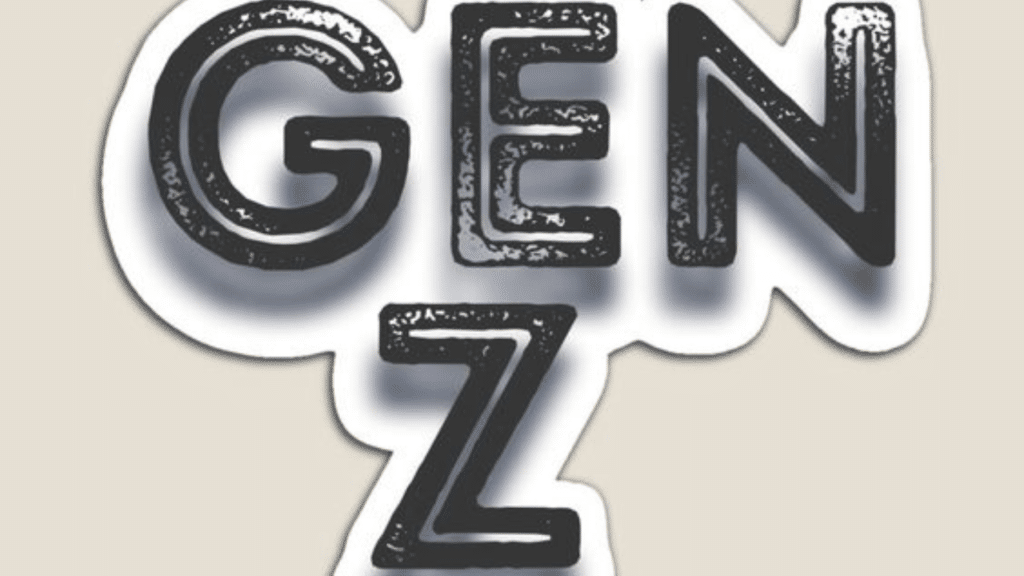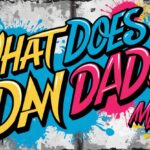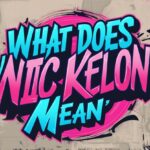Gen Z, https://parade.com/1293898/marynliles/gen-z-slang-words/ the generation born between the mid-1990s and early 2010s, has a language that’s rapidly evolving, reflecting their creativity, tech-savviness, and desire for individuality. Their slang isn’t just about shortening words for convenience; it’s an art form—a way to express themselves with flair, humor, and emotion. From social justice movements to gaming, and from fashion to mental health, Gen Z slang captures a spectrum of emotions and perspectives. Let’s dive into this linguistic wonderland and explore the vibes, energy, and cultural meanings behind their most popular terms.
Embracing Self-Growth: Slang in the Age of Reflection 🌱
1. Glow-Up
In a world obsessed with transformation and self-improvement, “glow-up” reigns supreme. This term goes beyond a physical change—it’s about personal growth, whether mentally, emotionally, or spiritually. A glow-up could be someone becoming more confident, learning to love themselves, or achieving a long-term goal. The key here is the celebration of progress. In Gen Z’s eyes, glowing up isn’t about perfection, but about owning your journey. 🌸
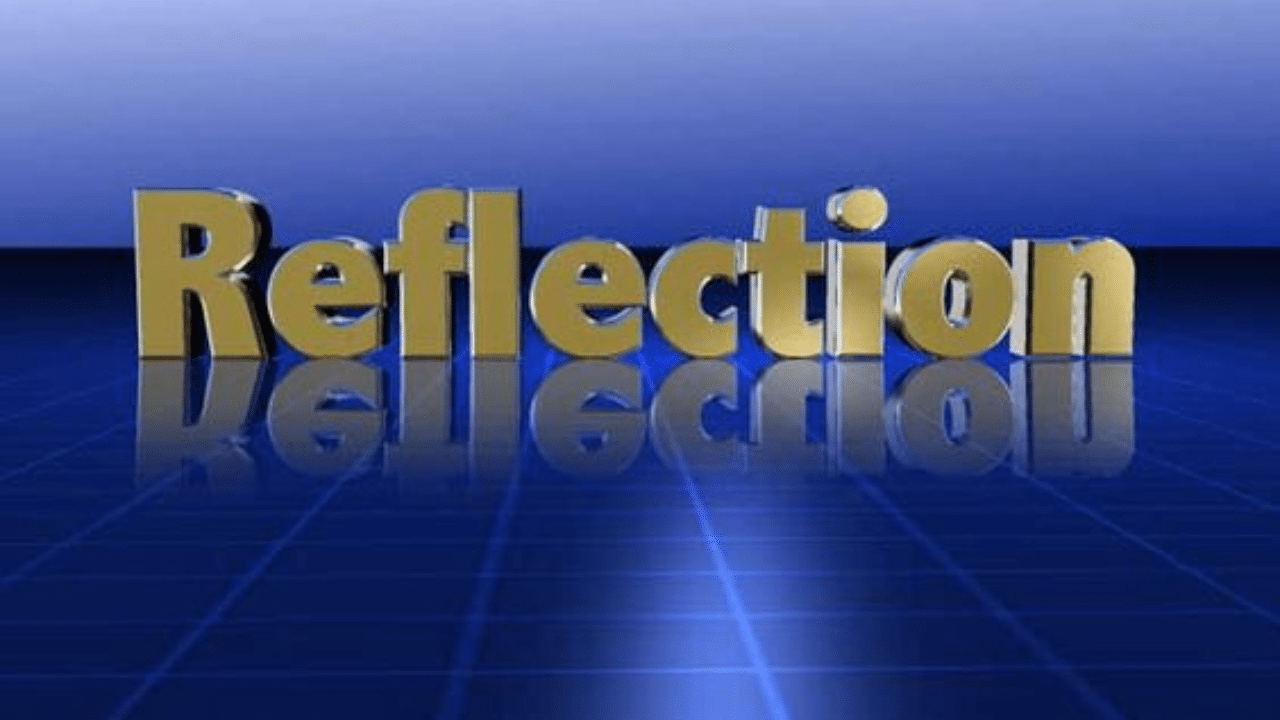
2. No Cap
When Gen Z says “no cap,” they’re laying down the truth—honestly, no lies, no exaggeration. It’s a powerful phrase that highlights sincerity in conversations. Whether you’re opening up about struggles or sharing exciting life achievements, “no cap” assures authenticity. This straightforward phrase cuts through pretension, letting people say, “This is real, take it or leave it.” 💯
Creativity at the Forefront: Slang as an Artistic Expression 🎨
3. Bet
Short and sweet, “bet” is a verbal nod to creative agreements or plans. It’s essentially a cooler way of saying, “I’m down,” or “Got it.” It embodies a laid-back, easy-going attitude—perfect for moments when you’re in sync with someone’s ideas or creative ventures. Imagine making spontaneous plans for an art project or joining forces for a TikTok collaboration. With “bet,” everything feels just a little more effortless and exciting. 🎯

4. Drip
“Drip” is all about fashion, but more importantly, it’s about individuality. Wearing “drip” means flaunting your unique style with confidence. Gen Z takes pride in making bold fashion statements that reflect their personality and emotions. Whether it’s through thrifted finds, DIY designs, or luxury brands, drip isn’t just about looking good—it’s about expressing who you are. 🧢💧
Navigating the Digital Space: Slang in the World of Memes and Virality 🌐
5. Stan
If you’re an intense fan of something, you’re a “stan.” Derived from Eminem’s song, this word is now a cornerstone of online fandom culture. Being a stan goes beyond casual admiration; it’s about genuine devotion. Gen Z uses this term in various fandoms—whether it’s for a celebrity, a movie, or even a niche TikTok trend. It brings with it a sense of community and belonging in the chaotic digital world. 🎶
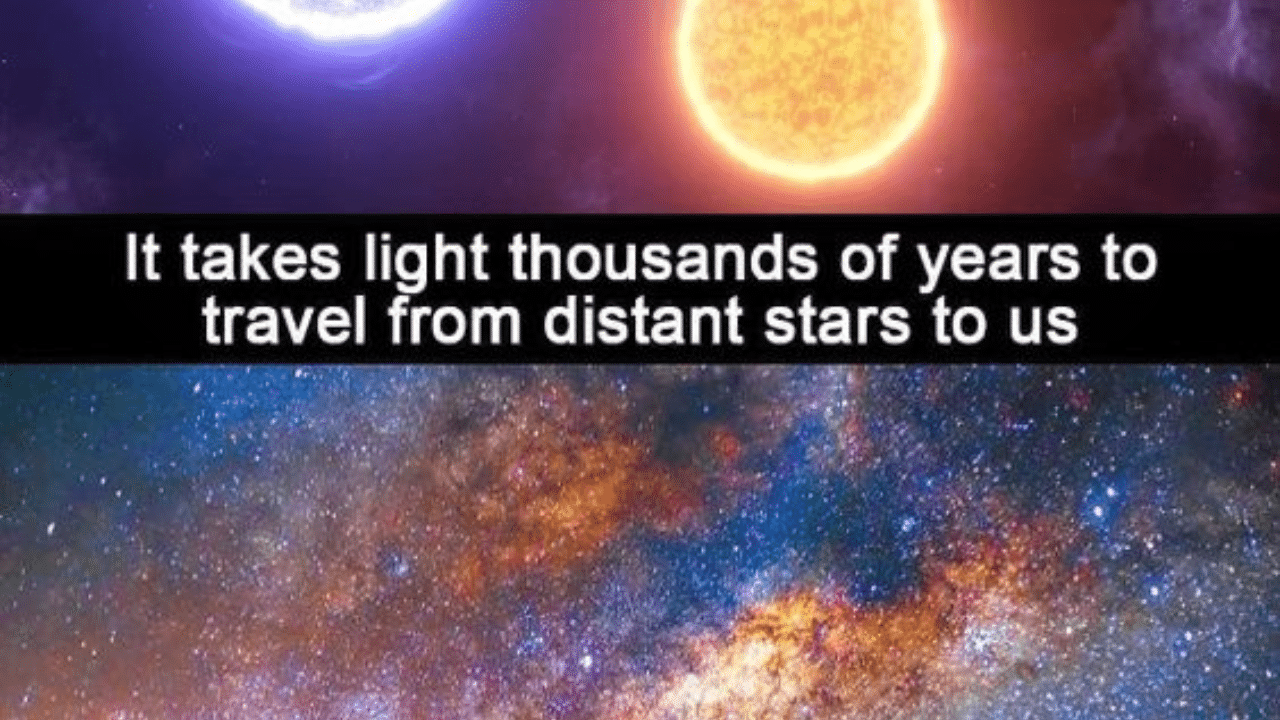
6. Ratio
Used mainly on platforms like Twitter, “ratio” signifies when a reply to a post gains more likes or attention than the original tweet. This term represents the power shift in online interactions, where a clever retort or a witty comeback can gain more traction than the initial comment. For Gen Z, this is more than just a numbers game—it’s a cultural commentary on influence and relatability. ⚖️
Real Talk: Mental Health and Authenticity 🌸
7. I’m Dead
Don’t be alarmed; this phrase doesn’t imply anything morbid! Gen Z uses “I’m dead” to express extreme amusement—like something is so funny, you metaphorically can’t handle it. It’s a dramatic yet humorous way of saying, “That’s hilarious,” and speaks to the generation’s love of hyperbole and sarcasm. In many ways, it’s a lighthearted way to handle life’s absurdities. 😂
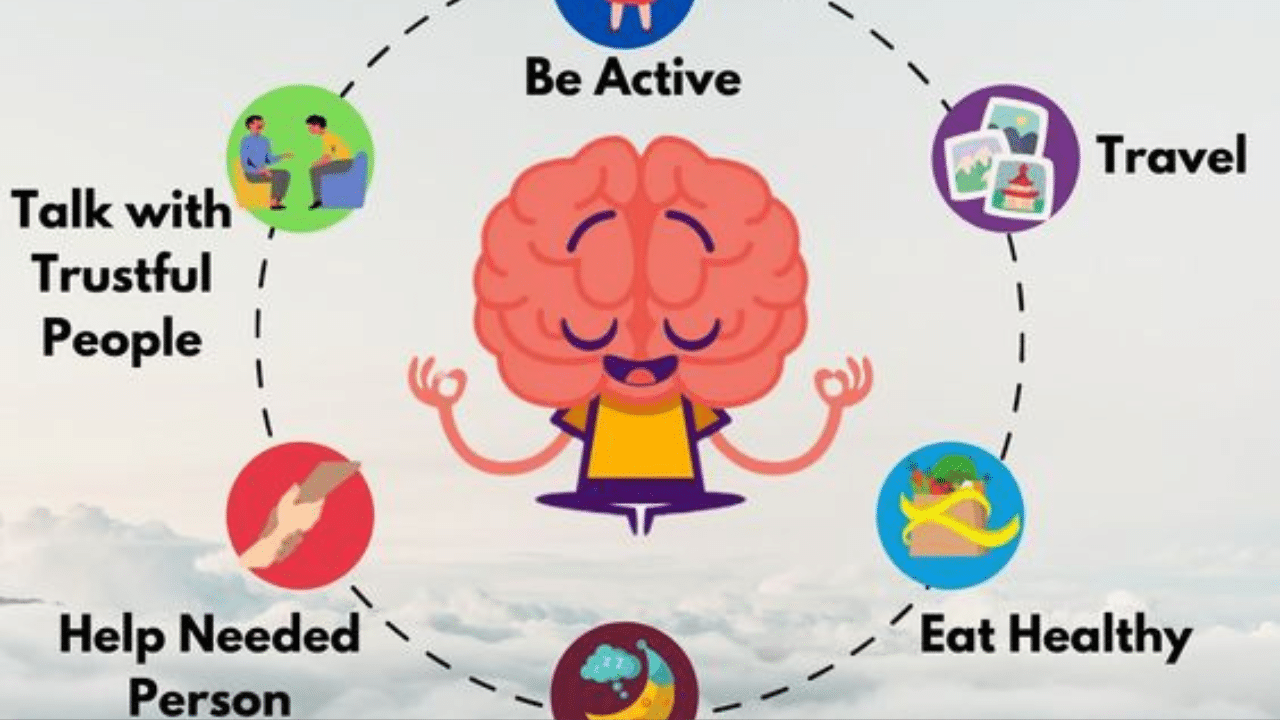
8. Mood
We’ve all had moments where words can’t fully capture how we’re feeling. That’s where “mood” comes in. It’s a term that reflects deep emotional resonance. Whether it’s a lazy day wrapped in blankets or the sheer satisfaction of achieving a milestone, “mood” encapsulates the human experience in a single, powerful word.
Innovation Meets Language: The Future of Slang 🚀
Gen Z is always looking forward. Their slang evolves faster than any generation before, often influenced by pop culture, technology, and social issues. From social https://academic.oup.com/esr/article/39/3/449/6815669 justice activism (“woke”) to embracing one’s uniqueness (“weird flex, but okay”), their language challenges norms and pushes boundaries. Each phrase, each word, carries with it the essence of a new world—one that is constantly shifting, vibrant, and creative. ✨
9. Simp
“Simp” might seem negative, but it reveals Gen Z’s nuanced views on relationships and admiration. While it’s used to poke fun at someone going overboard to impress someone they like, it also raises questions about self-respect and emotional intelligence in romantic connections. This complex term opens the floor to a broader conversation about love, loyalty, and balance. 💕

10. Tea
Sharing “tea” means spilling gossip, but it’s also about keeping it real. For Gen Z, sharing tea isn’t just for drama—it’s also about transparency and vulnerability in friendships. The word itself brings people closer, creating intimate spaces where conversations flow freely, where authenticity matters most. 🍵
Growth in a Fast-Paced World: The Power of Evolution 🌿
11. Soft Life
The “soft life” represents the desire to live with ease, peace, and emotional wellness. For Gen Z, life doesn’t have to be a constant grind—success doesn’t always mean stress. With this term, they emphasize a lifestyle that prioritizes mental health, relaxation, and enjoying life’s simple pleasures. It’s about stepping away from the hustle culture that dominated previous generations and embracing balance. ☁️

12. Living Rent-Free
Whether it’s a catchy song, a meme, or an interaction that left an impact, Gen Z uses this phrase to describe anything that takes up their mental space—without their permission. It’s playful, yet it highlights how deeply the digital age affects our thoughts and attention. 💭
Challenges and Struggles: Slang as a Coping Mechanism 🌪️
13. FOMO
Gen Z grew up watching everyone’s life unfold on Instagram, Snapchat, and TikTok, which fuels feelings of inadequacy or exclusion. FOMO isn’t just a catchy acronym; it’s a powerful representation of the mental health challenges this generation faces. The pressure to always be “in the know” is real, and sometimes it’s overwhelming. 😟
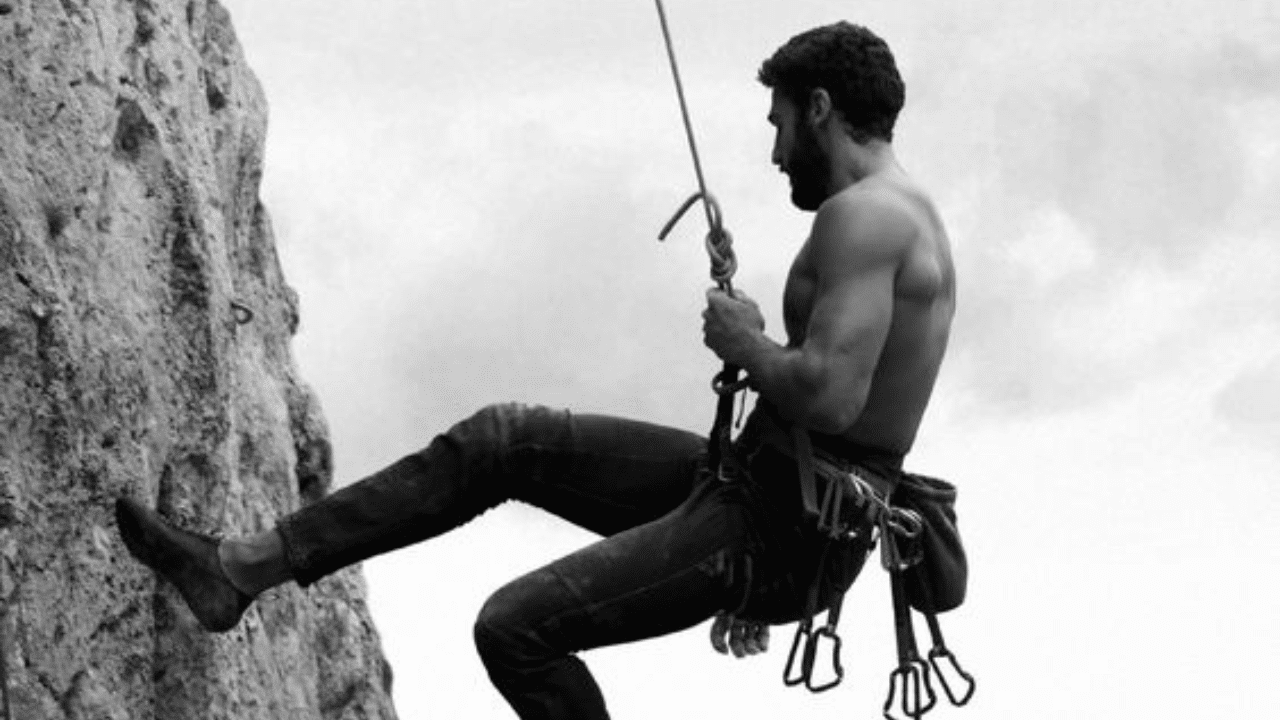
14. Yeet
This term is all about energy. When someone yells “yeet,” it’s usually an exclamation as they throw something with great force or excitement. But “yeet” can also represent Gen Z’s reckless abandon in certain moments—whether it’s taking a chance, embracing chaos, or tossing aside stress. It’s fun and random, but also deeply reflective of the generation’s spontaneity. 🚀
Expressing the Complexities of Friendship and Love 💖
15. Bae
“Bae” stands for “before anyone else” and is used to refer to a romantic partner or someone very special. For Gen Z, relationships are built on deep emotional connections, and using “bae” signifies that someone is a priority. It’s a term of endearment that shows how the generation values intimacy, loyalty, and the bonds that matter most. Whether you’re calling your partner, best friend, or even a beloved pet “bae,” it’s all about love and care. 🥰
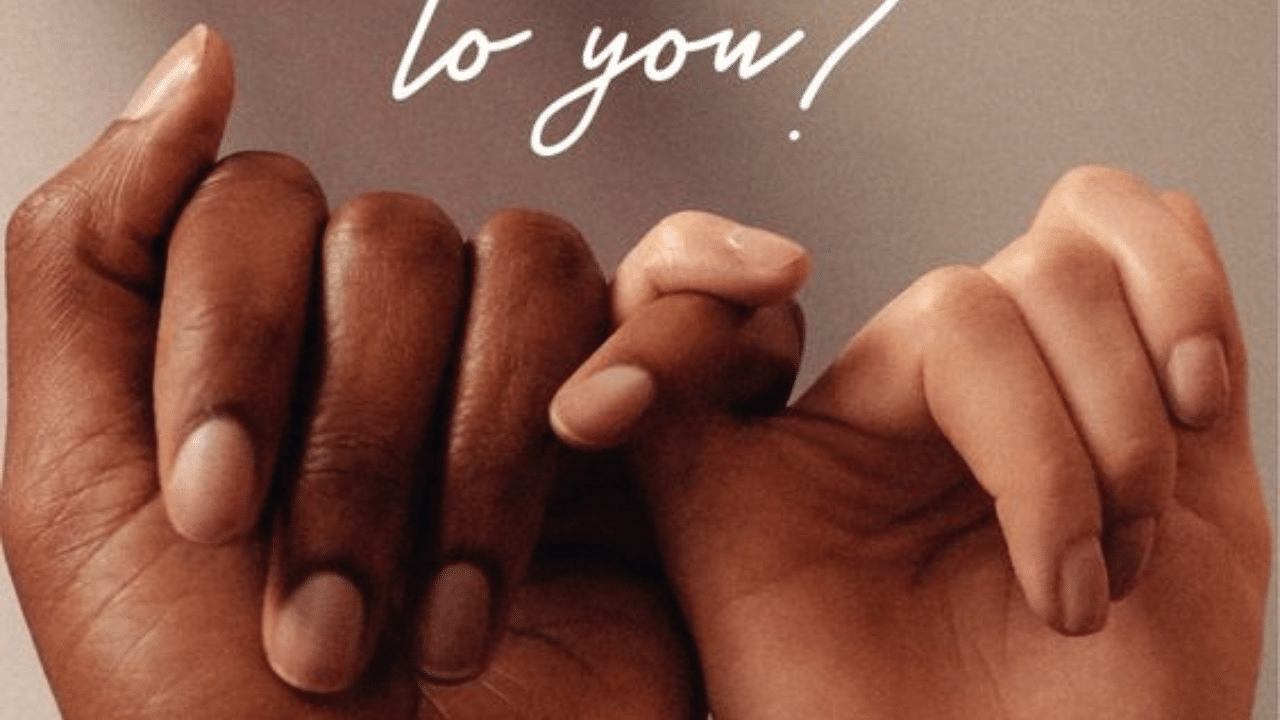
16. Cuffing Season
It’s the time of year when people pair up to find a partner for the cozy months. But this term carries more than just romantic vibes—it also speaks to Gen Z’s acknowledgment of cyclical feelings and the desire for warmth, both physical and emotional. Cuffing season highlights how the season’s change brings about shifts in human connection. 🌧️
Social Justice and Awareness: Slang with a Cause ✊
17. Woke
“Woke” may have started as a term for being socially and politically aware, but for Gen Z, it has evolved into a badge of honor. To be “woke” is to understand issues like systemic inequality, climate change, and human rights. This generation takes pride in fighting for a more inclusive and fair world. However, “woke” can also be used sarcastically, showing the complex emotions around activism—sometimes people are tired of performative actions that don’t lead to real change. 🌍
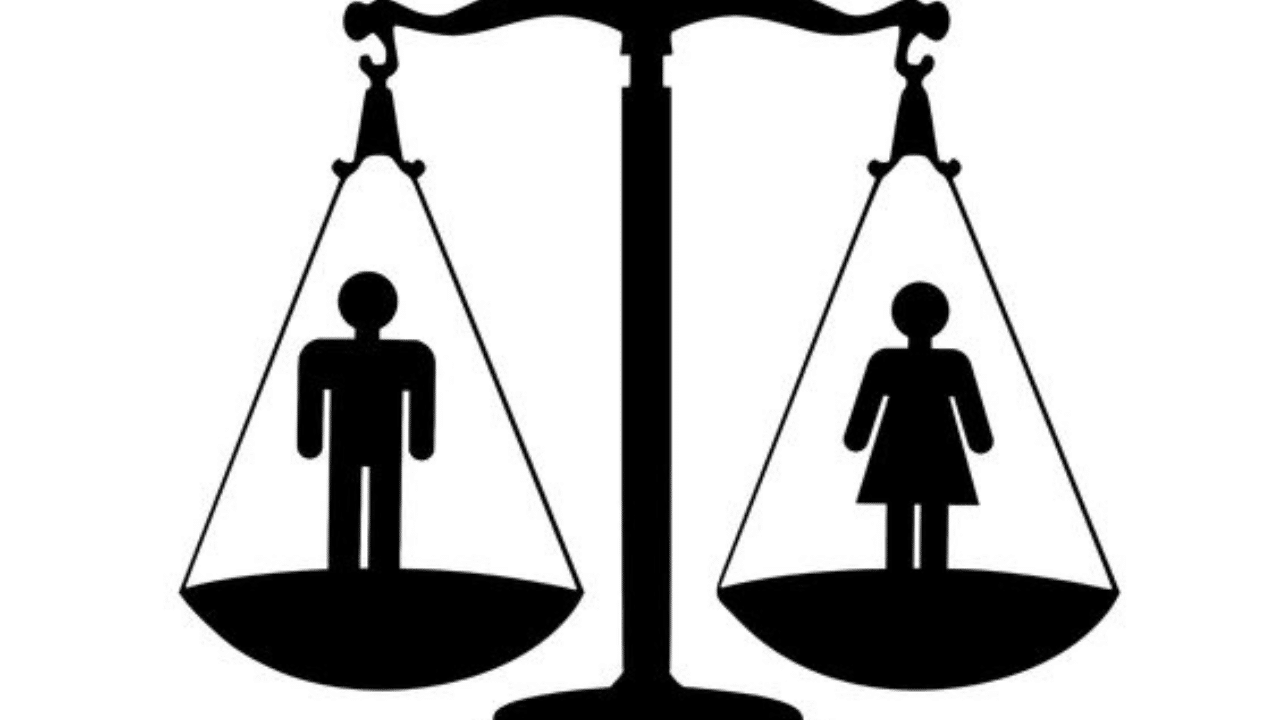
18. Cancelled
Cancel culture has become a huge part of how Gen Z navigates accountability, especially on social media. When someone is “cancelled,” it means they’ve been publicly called out for problematic behavior, often resulting in a significant loss of support or influence. However, the term raises questions about forgiveness, growth, and whether cancel culture fosters positive change or shuts down open dialogue. For Gen Z, “cancelled” reflects their demand for accountability but also invites debate on its effectiveness. 🚫
Digital and Meme Culture: The Language of the Internet 💻
19. Vibe Check
“Vibe check” is a way to gauge the energy or atmosphere of a person, situation, or place. It’s all about assessing the mood. In an era where mental health is a priority, Gen Z values the energy they surround themselves with, and they use “vibe check” as a playful way of saying, “Let’s make sure we’re all good here.” Whether at a party or even in an online chat, a quick “vibe check” ensures that the energy aligns. 🌈

20. Slaps
When something “slaps,” it means it’s undeniably good, especially in reference to music. Whether it’s a playlist that’s fire or a track that gets everyone hyped, “slaps” is Gen Z’s way of saying something is excellent, and they’re feeling it. It’s enthusiastic and captures their love for discovering and sharing new media. 🎶
Digital Revolution: Navigating the New Social Landscape 🌍
21. Ghosting
It reflects the generation’s sometimes rocky relationship with confrontation and the anxiety of navigating digital connections. It highlights the emotional complexity of human connection in the digital world. 👻
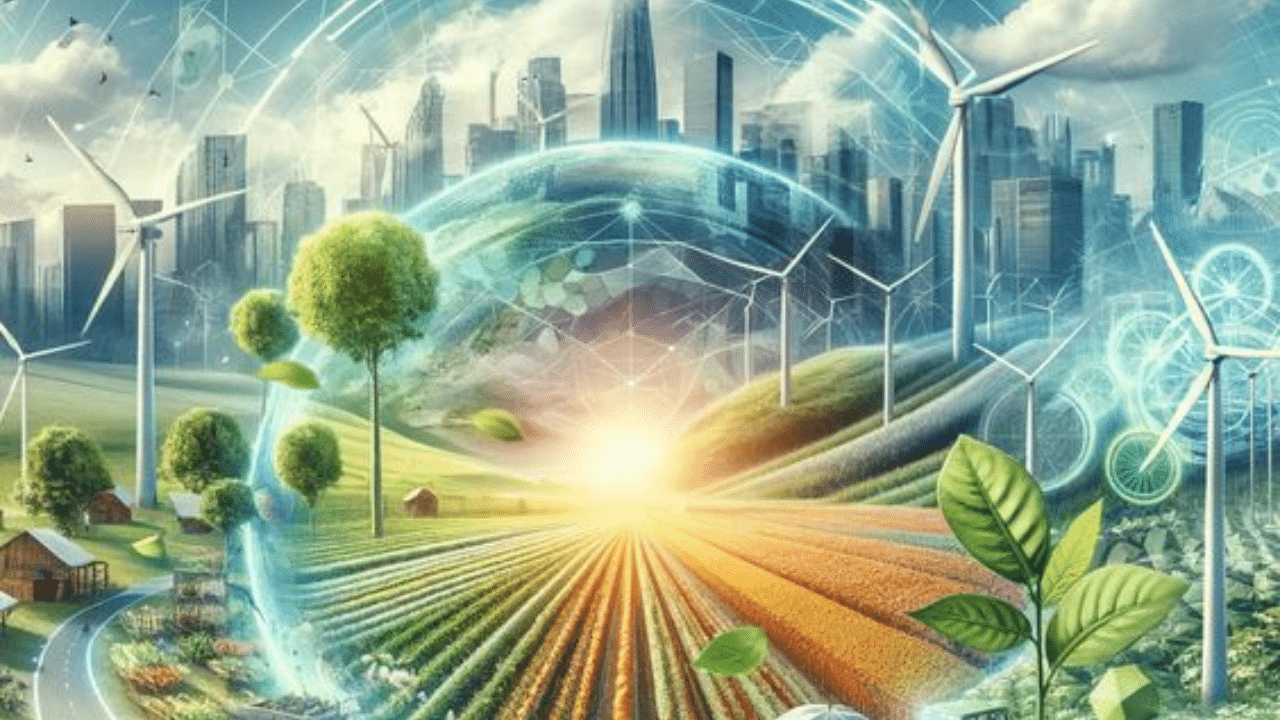
22. Slide into the DMs
Direct messaging (DMing) is Gen Z’s go-to method for making connections—whether it’s starting a new friendship or flirting. This slang phrase shows how much digital platforms are integrated into everyday life and how communication has shifted into online spaces. In many ways, it’s casual, but it can also feel more personal than public posts or comments. 📩
Fun and Entertainment: Laughter as a Shared Language 😂
23. Low-Key/High-Key
If something is “low-key,” it’s understated or done quietly, almost like a secret. Whether describing excitement about a new show or admitting a low-key crush, these terms offer flexibility in how Gen Z conveys emotion. They represent the importance of nuance in expressing feelings in a generation that’s often caught between subtlety and transparency. 🔑

24. Savage
When someone is described as “savage,” it means they’ve done something brutally honest, bold, or unapologetic. It’s the ultimate compliment in a world where confidence and authenticity are highly valued. Whether it’s a savage clapback on Twitter or standing up for yourself in real life, this term celebrates the courage to be unapologetically yourself. 🔥
Emotional Intelligence: Finding Meaning in Vulnerability 💗
25. Catch Feelings
Gen Z prefers emotional transparency, so this phrase is often used when discussing love or attraction in a relatable, non-intimidating way. The phrase is light-hearted but acknowledges the depth of vulnerability that comes with romantic relationships. It normalizes emotional openness, which is something this generation values deeply. ❤️

26. Sending Vibes
When someone says they’re “sending good vibes,” they’re offering positive energy and support, even from a distance. This phrase is about more than just words; it’s a symbol of emotional connection in an increasingly disconnected world. Gen Z uses this to convey empathy and solidarity, whether you’re going through a tough time or celebrating a win. It’s a small but significant way of staying emotionally linked with others, even if you’re miles apart. 🌟
Challenging Social Norms: Slang as Social Commentary 🔍
27. Thirsty
Calling someone “thirsty” refers to their overt desire for attention, often in a romantic or social context. It’s a tongue-in-cheek way of calling out behavior that seems overly eager or desperate for validation. Yet, it also speaks to the complexities of living in a world driven by likes, followers, and instant feedback. The term reveals how Gen Z carefully navigates the fine line between seeking affirmation and maintaining authenticity. 💦
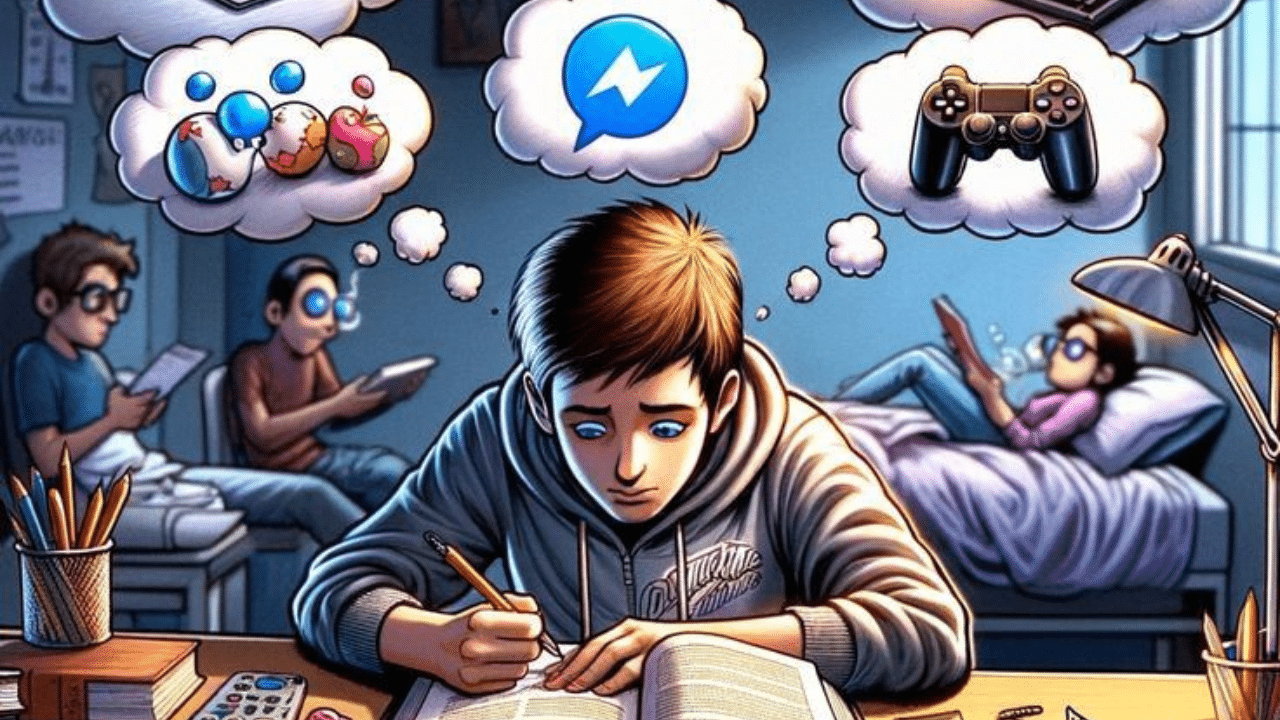
28. Flex
“Flexing” means showing off—whether it’s your new shoes, car, or a skill you’ve mastered. This slang playfully calls attention to the absurdities of boastfulness while celebrating individuality. Flexing has become an art form for this generation, and weird flexes are often the funniest and most memorable. 🏋️
Living in the Moment: The Pursuit of Joy and Presence 🌸
29. Big Mood
It’s used when someone feels that a moment, action, or statement perfectly encapsulates their current mood. Whether it’s lounging in bed after a long day or celebrating a small victory, this term is a quick way to connect on an emotional level. It reinforces how deeply Gen Z values empathy and shared experiences. 💥

30. Vibes
“Vibes” aren’t just about feelings—they’re about the energy a person, place, or situation gives off. Positive vibes can lift people up, while bad vibes can drag down an entire event. This term reminds us that emotions and energy are contagious, and Gen Z is highly attuned to the ambiance around them. 🌺
Beyond the Words: Gen Z’s Slang Reflects a Bigger Picture 🧠
As we continue to explore Gen Z slang, it’s clear that these words carry significant cultural weight. Each term offers insight into the values, desires, and struggles of a generation living in a rapidly changing world. Whether it’s about mental health, creativity, or the complexities of relationships, Gen Z slang captures the emotions of a generation unafraid to embrace both vulnerability and boldness.
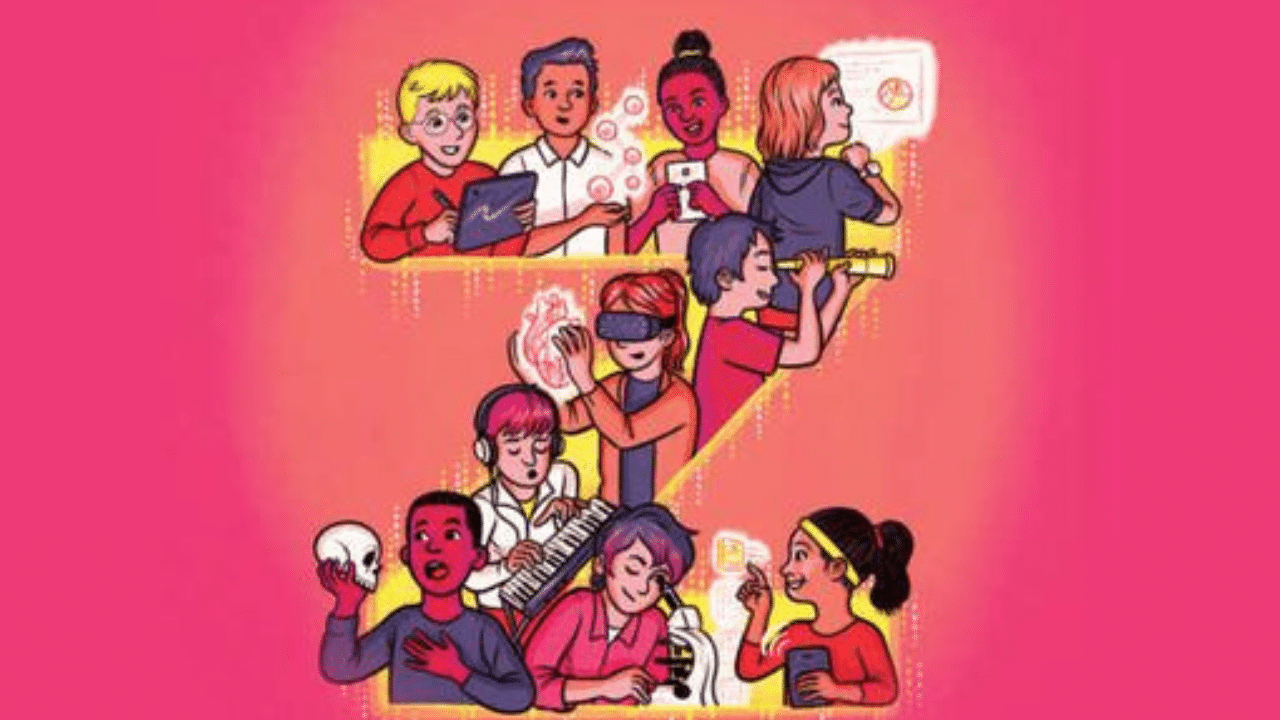
Slang reflects the mindset of a generation that’s navigating both personal and global challenges with humor, resilience, and an unshakable sense of authenticity. As Gen Z continues to evolve, so will their language, giving us even more ways to connect, understand, and celebrate the human experience. 🌟
Final Thoughts: Slang as a Reflection of Gen Z’s Identity 💬
Language has always been a reflection of the times, and Gen Z’s slang is no different. It’s playful, it’s bold, and it doesn’t follow rules. Each word, each phrase, carries an emotion, a cultural commentary, or a glimpse into the mind of a generation that’s unafraid to speak its truth. Whether they’re talking about personal growth, creativity, or the digital world, Gen Z knows how to express themselves in ways that feel fresh, dynamic, and deeply human. Their slang is more than just words—it’s a movement. 🌟
Let’s keep listening to what they have to say because, no cap, this generation has a lot of wisdom to offer.
Conclusion: The Ever-Evolving Language of Gen Z 🔄
Gen Z slang is more than just fleeting phrases; it’s a powerful cultural force. Their words encapsulate everything from emotional depth to social commentary, creativity, and the pursuit of authenticity. This generation speaks a language that blends humor, vulnerability, and social awareness, reflecting their desire to challenge norms while staying true to themselves.
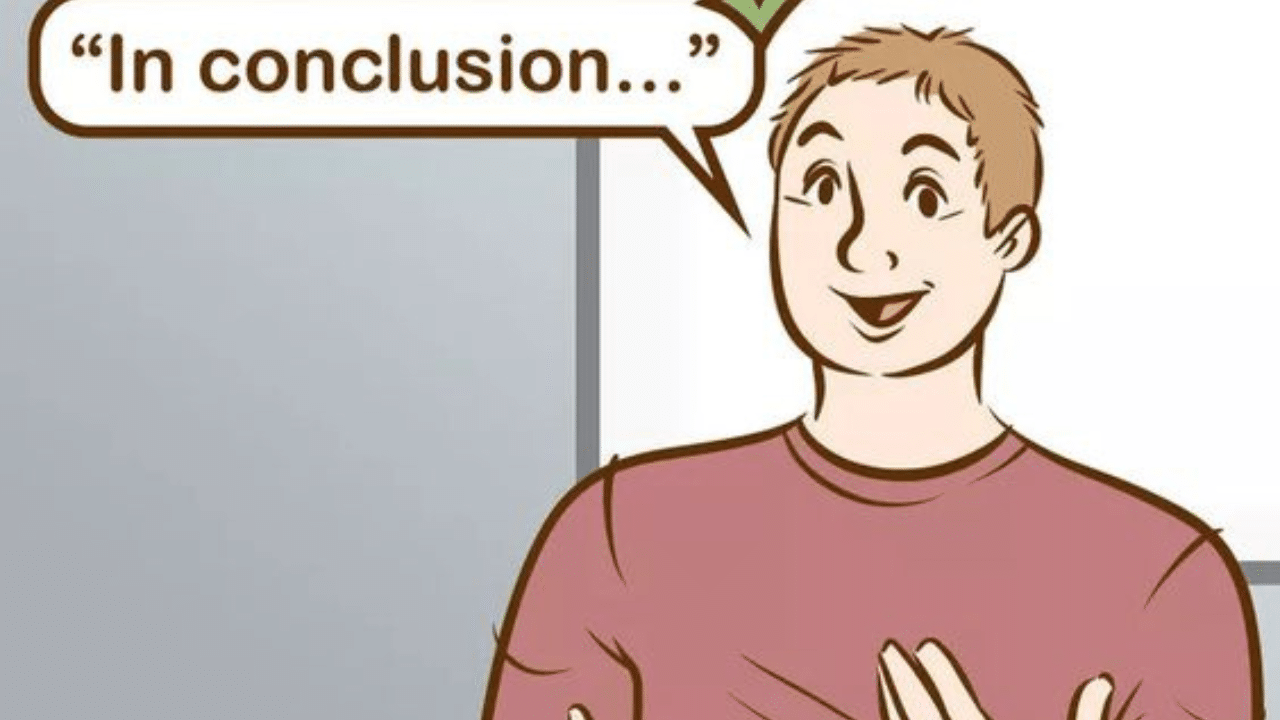
Explore These:
https://slanggalaxy.com/what-does-osrs-mean-on-instagram/
As we move forward, their slang will continue to adapt, just like the generation that created it. Each new word offers a window into the collective consciousness of young people shaping the future. Whether it’s a meme-turned-expression or a phrase that perfectly sums up a mood, Gen Z slang isn’t going anywhere—it’s a dynamic part of their identity, culture, and the way they connect with the world. 🌍

